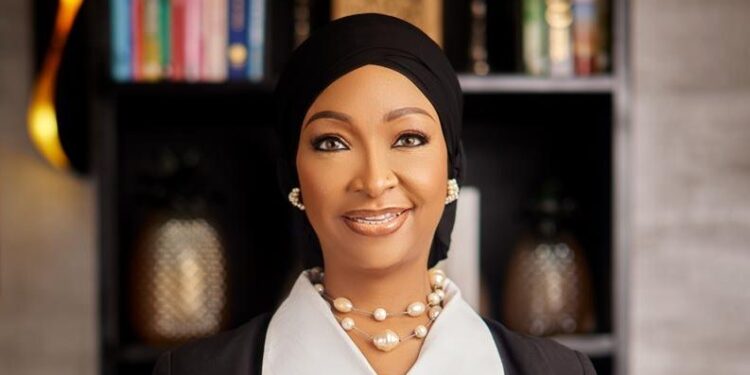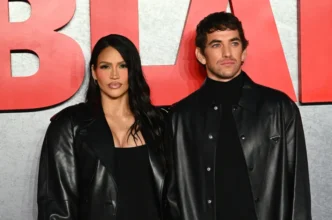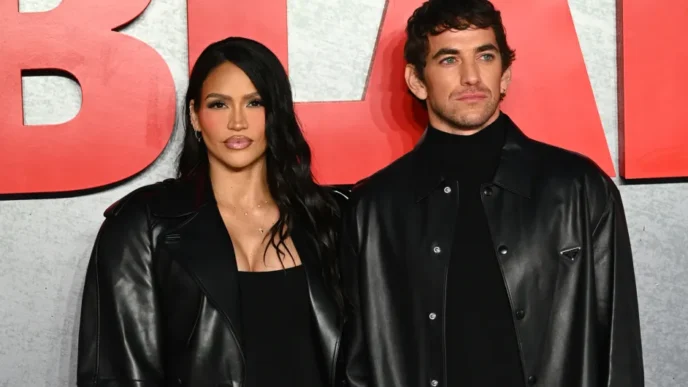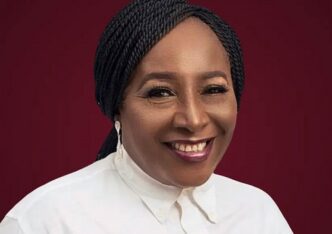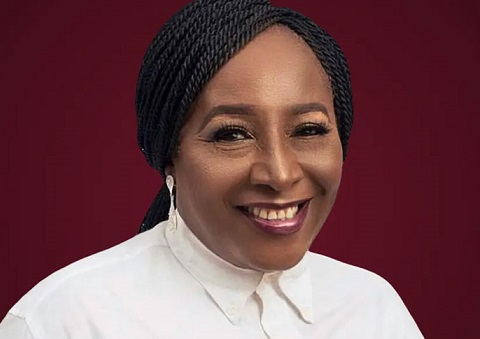Nigeria’s creative and tourism industry is receiving a major push as the federal government sets bold targets for investment and job creation.
The Minister of Art, Culture, Tourism, and Creative Economy, Hannatu Musawa, revealed that a projected investment of \$100 billion has been mapped out through the newly launched Creative and Tourism Infrastructure Corporation.
According to her, the initiative is expected to create over two million jobs, while boosting the nation’s economy and global standing.
While speaking on the vision, she said, “So Mr. President, in his vision, has really supported us to go out and be creative, and we have been able to do that by raising at least \$300 million for the creative industry and the global competition.”
This development has been welcomed by many, especially as it reflects the administration’s readiness to make provisions for the future.
Moreover, the ministry has set a short-term target of 500,000 new jobs by 2030 within the creative sector alone.
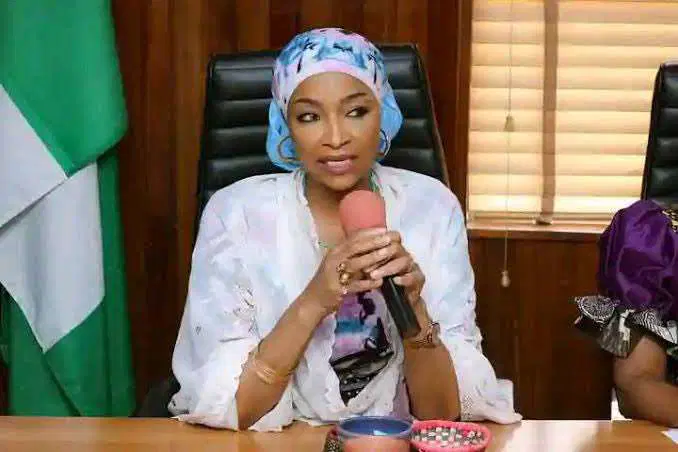
In addition, Musawa disclosed that the government has secured a \$200 million commitment from NEXIM Bank to support infrastructure for cultural and creative growth.
“Mr President wants us to use this industry to add growth, and we have committed to increasing the GDP by \$100 billion by 2030,” she said.
The ministry has also secured investments already totalling \$300 million, showing that real progress is underway.
Furthermore, a major project nearing completion is a modern concert arena.
She stated, “I would be glad to tell you that we are just about to deliver an arena.
As a Nigerian, if you want to watch a concert of Afrobeats, soon, with a Nigerian, you don’t have to travel outside the country to Ghana or Rwanda.”
This arena will meet global standards and attract top acts like Davido, Burna Boy, Beyonce, and Coldplay.
The ministry has also finalised the renovation of the Nigeria House in Bahia and the construction of a Renewable Arts Pavilion.
“The greatest black nation of the world that has all the content that everyone is interested in should not be living without a museum in its capital,” Musawa said.
Meanwhile, efforts to decentralise creative development have also started.
The government plans to build creative hubs across Nigeria’s six geopolitical zones.
Three hubs are already in progress, she confirmed.
As part of international collaborations, Nigeria has secured the hosting rights for the 1968 United Nations Tourism Commission for Africa’s meeting.
It will hold in Abuja from June 11 to June 13.
The ministry is also preparing for a major cultural presentation at the United Nations General Assembly (UNGA) in 2025.
Moreover, the government’s Destination 2030 and Motherland 2025 initiatives aim to reconnect Nigerians in the diaspora with their roots, especially during festive periods.
These projects are also designed to strengthen Nigeria’s global tourism identity.
Musawa highlighted other wins including the UNESCO recognition of cultural heritage practices like the Shango Festival in Oyo and the Kano-Jaro Festival.
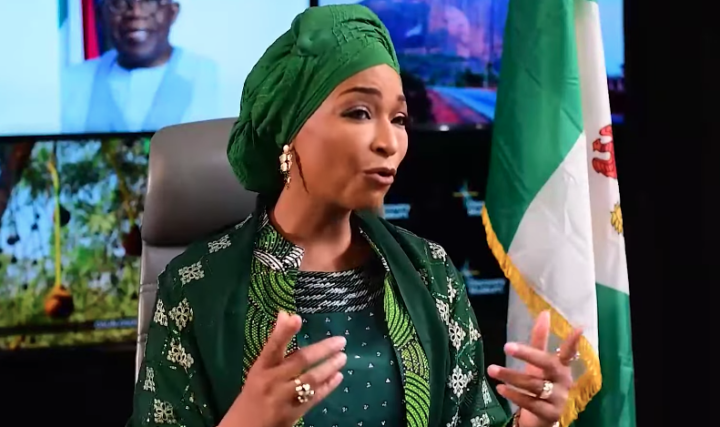
“And we were able to do that last year, and I want to congratulate Nigerians for that,” she noted.
She added, “Our strategic partnerships, sparring government agencies, international organisations, and private sector leaders have positioned Nigeria’s tourism and creative sectors not just as an alternative to world dependency but as a vibrant, inclusive economic pillar capable of addressing our nation’s most pressing challenges.”
Indeed, Nigeria’s creative industry is becoming a vital economic tool.
As the minister concluded, “Mr. President has asked us to bring economic growth. He has asked us to create jobs.
He has asked us to reposition Nigeria. And I can tell you that is exactly what the Ministry of Art, Culture, Tourism and Creative Economy is doing.”

